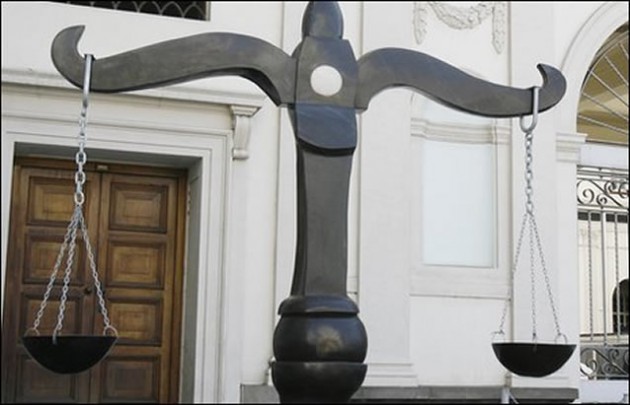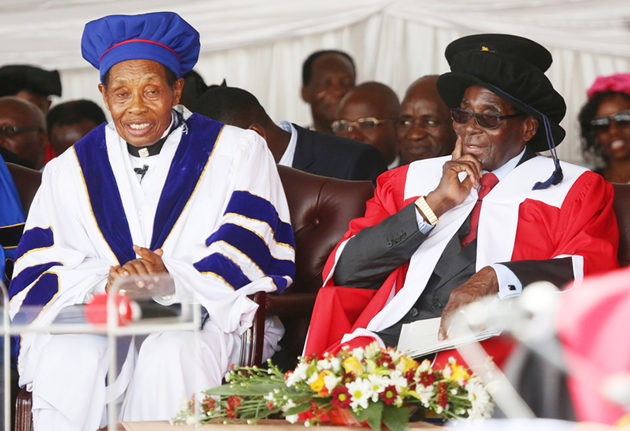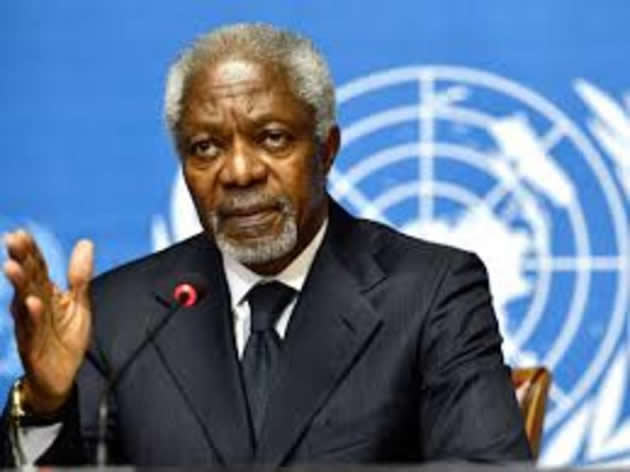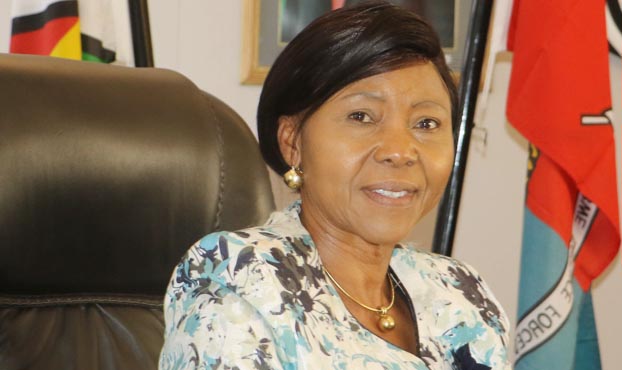No special treatment for police: Court rules

 Fidelis Munyoro Chief Court Reporter
Fidelis Munyoro Chief Court Reporter
THE short time limit of eight months within which the Zimbabwe Republic Police can be sued for civil wrong is discriminatory against ordinary citizens, the High Court has ruled.
The landmark ruling was made recently in a case in which two soldiers injured by police gunfire were challenging the validity of Section 70 of the Police Act which sets the limit of eight months from the incident.
All other Government and private organisations can be sued within three years of the event.
Michael Nyika and Crispen Tobaiwa were shot and injured by police officers who had stopped the vehicle they were travelling in.
The two could not sue within the prescribed period as they were still being treated at Parirenyatwa Hospital.
Delivering the ruling, Justice Amy Tsanga said Section 70 of the Police Act was inconsistent with Section 69(2) and 56(1) of the Constitution of Zimbabwe before striking it off.
“A provision which favours the police in terms of the limited time frame within which unacceptable transgression must be challenged does not accord with equal protection before the law nor the right to access courts within a reasonable time,” Justice Tsanga said, adding, that on daily basis ordinary citizens encounter challenges with the police force which they expect to be held accountable.
“Actions may arise from alleged assaults, malicious prosecutions, false imprisonment, negligence, death in custody and general human rights violations.
“By giving special protection to the police, this piece of legislation is an exemplar of positive discrimination in favour of the police on one hand, which certainly results on the other hand in negative discrimination against ordinary citizens with claims against them.”
Mr Tendai Biti, who represented the two, successfully argued that the police were given protection for reasons that bore little grounding in logic.
He argued that in the modern age of computers and e-governance, the argument regarding the need to accord special protection on account of the size and bulkiness of the State no longer holds water.
He pointed that there were other large corporations and institutions among them the Central Intelligence Organisation and corporates like Econet that employ a large work force and yet do not enjoy any special privileges.
Justice Tsanga agreed with Mr Biti saying an examination of changes in prescriptive periods involving actions against the police from other legal systems bear testimony to the fact that over the years dynamic changes which accord with equal protection before the law have infiltrated “this sphere of restrictive protections”.
“The trend has shifted in favour of subjecting State institutions like the police to time periods which generally accord with everyone else,” said Justice Tsanga.
Justice Tsanga ruled that the prescription that arose from the failure to sue police within the stipulated time period, meant that those with genuine claims are denied legal recourse and their rights to access courts are violated.
The Judge said there was no reason why the general three-year prescription period for ordinary debts as contained in the Prescription Act should not govern claims against the police.
She also noted that the provision being of colonial legacy was influenced by the need to keep claims against the police in check, in view of the repressive policies at the time.
Since independence, Justice Tsanga said, many laws were reformed or challenged constitutionally while others remained intact.
The specific provision therefore, embodies “legislative lag”.
Justice Tsanga said with the coming in of the new Constitution in 2013, an unprecedented number of civil and political liberties had been introduced to keep the State accountable.
“The tenets of the new Constitution commit the State to fostering a new era of people-centred constitutionalism,” she said. “Core to constitutionalism is regulating all forms of public power. It is therefore vital that as courts we do not confine our sense of vigilant scrutiny of constitutionally deficient legislation to only those issues often brought by political elites that have tended to dominate the courts such as those centred on participation in and outcome of elections, or media discourses.”
Justice Tsanga referred her decision to the Constitutional Court for confirmation in terms of Section 175 of the Constitution.
The Section provides that where a court makes an order concerning the constitutional invalidity of any law, such order has no force and effect unless it is confirmed by the highest court in the land.
Nyika and Tobaiwa were among passengers travelling from Harare to Karoi when the incident occurred near Banket in July 2013.
The two approached the High Court to invalidate Section 70 of the Act that impeded them from instituting their more than $1 million lawsuit for damages.
They asked the court to scrap the section arguing that it is unconstitutional and discriminatory.
But the police who were represented by Mr Daniel Mambo of the Attorney General’s Office opposed the application arguing the section was constitutional and the two should have brought their action within the prescribed period.
He said police dealt with high volume of litigation hence the need to dispose of the matters timeously.








Comments